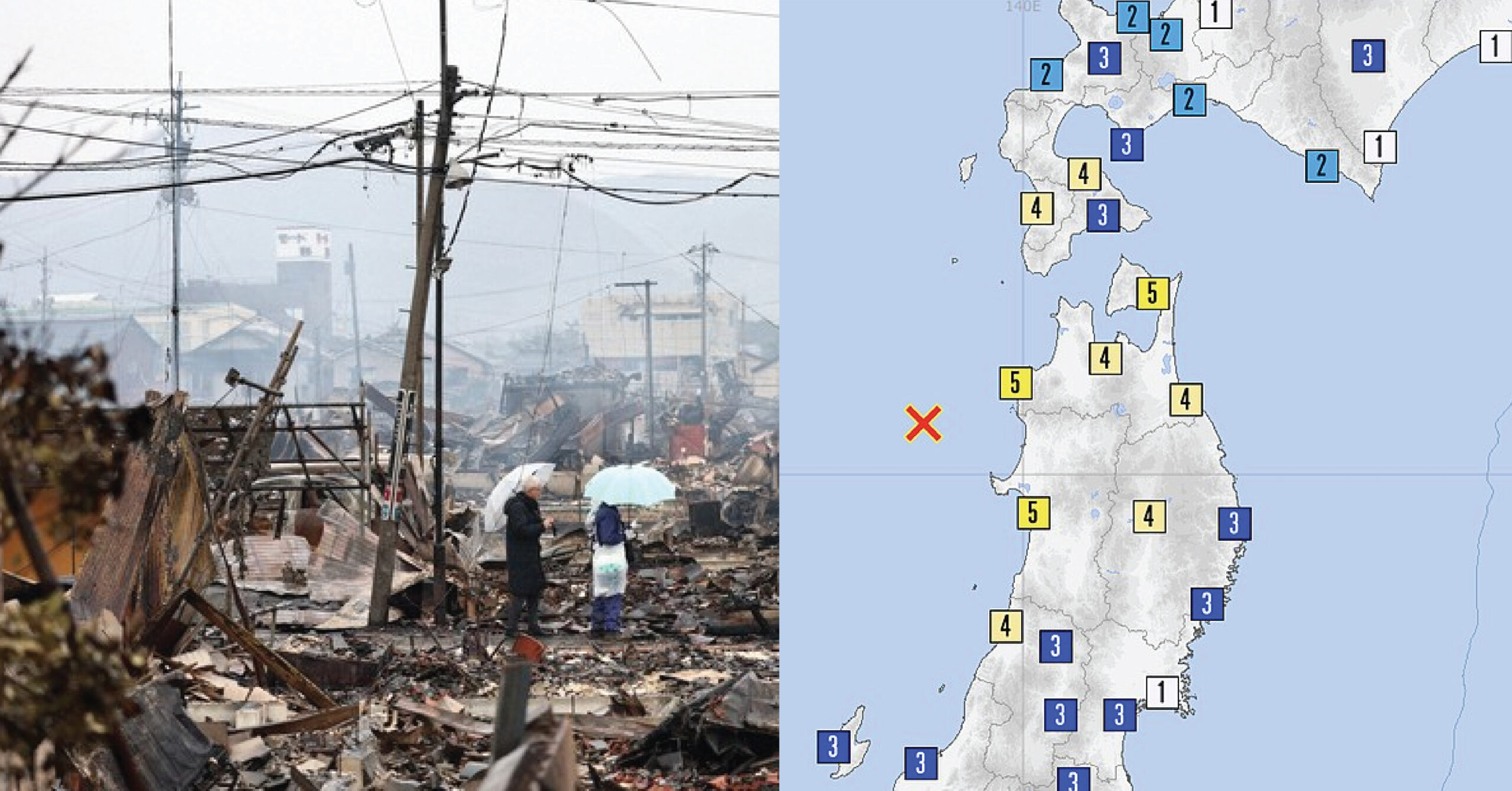News
yuan numa japan earthquake resilience depression google scholar: A Comprehensive Review

- /home/u433845138/domains/buzzark.co.uk/public_html/wp-content/plugins/mvp-social-buttons/mvp-social-buttons.php on line 27
https://buzzark.co.uk/wp-content/uploads/2024/10/Untitled-1-01-33-1000x600.jpg&description=yuan numa japan earthquake resilience depression google scholar: A Comprehensive Review', 'pinterestShare', 'width=750,height=350'); return false;" title="Pin This Post">
- Share
- Tweet /home/u433845138/domains/buzzark.co.uk/public_html/wp-content/plugins/mvp-social-buttons/mvp-social-buttons.php on line 72
https://buzzark.co.uk/wp-content/uploads/2024/10/Untitled-1-01-33-1000x600.jpg&description=yuan numa japan earthquake resilience depression google scholar: A Comprehensive Review', 'pinterestShare', 'width=750,height=350'); return false;" title="Pin This Post">
Earthquakes are one of the most devastating natural disasters that Japan faces due to its location in the Pacific Ring of Fire. The country experiences frequent seismic activity, leading to significant social, economic, and psychological challenges. Among the prominent researchers exploring these issues, Yuan Numa stands out for his contributions to understanding earthquake resilience and the psychological impact on survivors, especially concerning depression. His research, cataloged extensively on Google Scholar, has been instrumental in shaping modern perspectives on disaster preparedness, response, and recovery.
In this article, we will explore Yuan Numa’s significant contributions to earthquake resilience, his focus on depression among survivors, and how his work has been acknowledged and referenced by numerous scholars on platforms like Google Scholar. By delving into his studies, we gain a deeper understanding of how Japan copes with its frequent seismic events and the mental health repercussions that follow.
The Legacy of Earthquakes in Japan

Japan’s history is marked by catastrophic earthquakes, with events such as the Great Kanto Earthquake of 1923 and the more recent 2011 Tohoku earthquake profoundly shaping the nation’s approach to disaster preparedness and recovery. Earthquakes bring immediate destruction, but they also have long-term effects on individuals and communities. Infrastructure damage is apparent, but the psychological toll can be even more enduring, particularly when individuals face prolonged periods of uncertainty, loss, and trauma.
Over the years, Japan has become a global leader in earthquake resilience, implementing robust building codes, early warning systems, and community preparedness plans. However, while physical resilience has improved, psychological resilience—especially related to post-traumatic stress, anxiety, and depression—requires further exploration. This is where Yuan Numa’s work has made significant strides.
Yuan Numa’s Work on Earthquake Resilience
Yuan Numa’s research focuses on both physical and psychological aspects of resilience in the face of earthquakes. On Google Scholar, numerous articles highlight his interdisciplinary approach, combining elements of engineering, public policy, and mental health. His studies emphasize the importance of pre-disaster preparedness, community cohesion, and post-disaster mental health interventions.
Numa’s work on physical resilience involves detailed analysis of Japan’s building codes and the evolution of earthquake-resistant structures. He advocates for continuous improvements in urban planning, ensuring that cities are not only resistant to the physical shaking of an earthquake but also designed in a way that promotes social resilience—spaces that foster community support and mental well-being.
Psychological Impact: Depression Post-Earthquake
While physical damage is often immediately visible, the emotional and mental health consequences of earthquakes can linger for years. Depression, in particular, is a common consequence among survivors. Numa’s research delves into this issue, examining how individuals and communities cope with the loss of homes, loved ones, and livelihoods.
One of Numa’s key findings, published on Google Scholar, involves the importance of early intervention in addressing depression. He argues that mental health support should be integrated into disaster response plans. His studies suggest that without appropriate mental health services, survivors of earthquakes are at higher risk of developing chronic depression, which can hinder recovery efforts and negatively affect community resilience.
Community Resilience and Social Support Networks
In addition to focusing on individual mental health, Yuan Numa emphasizes the importance of community-level resilience. His work on social support networks highlights how strong communities are better equipped to support their members in the aftermath of a disaster. Numa identifies several key factors that contribute to community resilience:
Also see American Airlines Faces Headaches Beyond a Tech Outage
- Social Cohesion: Communities with strong social bonds tend to recover faster from disasters. Numa’s research illustrates that individuals who have a network of family and friends to rely on are less likely to experience severe depression.
- Local Leadership: Effective local leaders play a crucial role in mobilizing resources and providing emotional support to survivors.
- Community-Based Mental Health Initiatives: Numa advocates for the implementation of mental health programs at the community level, enabling survivors to access support without the stigma often associated with seeking psychological help.
Depression and Stigma in Japan
One of the challenges in addressing mental health in Japan is the cultural stigma associated with depression and psychological disorders. Numa’s research explores how this stigma affects earthquake survivors, particularly in rural areas where access to mental health services is limited. He calls for greater public awareness campaigns to normalize seeking mental health support, as well as reforms in how mental health services are delivered in disaster-stricken areas.
Long-Term Recovery and Depression
Yuan Numa’s studies also extend to the long-term recovery phase, where depression can become a chronic condition. His research shows that individuals who do not receive adequate mental health care in the immediate aftermath of an earthquake are more likely to experience long-lasting depression, which can severely impair their ability to return to normal life.
Numa’s extensive publications on Google Scholar document numerous case studies of earthquake survivors who struggled with depression years after the initial disaster. These studies underscore the need for sustained mental health support, not just in the immediate aftermath, but throughout the long recovery process.
Building a Resilient Future
In light of Numa’s findings, it becomes clear that Japan’s earthquake resilience strategies must evolve to include a stronger focus on mental health. While the country has made significant progress in mitigating the physical damage of earthquakes, addressing the psychological toll remains a challenge.
Numa’s work calls for a comprehensive approach to disaster recovery that includes:
- Early mental health interventions: Psychological support must be provided alongside traditional emergency services.
- Community empowerment: Local communities must be involved in creating and implementing disaster response plans that include mental health strategies.
- Long-term mental health services: Support must be sustained for years after the initial disaster, recognizing that depression and other mental health issues can have a long-lasting impact.
Conclusion
Yuan Numa’s research into earthquake resilience and depression offers crucial insights into how Japan can improve its disaster preparedness and recovery efforts. His work, extensively cataloged on platforms like Google Scholar, emphasizes the need for a holistic approach to resilience that includes both physical and psychological factors. As Japan continues to face the threat of earthquakes, integrating mental health support into disaster response and recovery plans will be essential to building a more resilient society.
Quick Bio Table
| Category | Details |
|---|---|
| Name | Yuan Numa |
| Focus Area | Earthquake Resilience and Mental Health |
| Country of Research | Japan |
| Key Contributions | Earthquake Resilience, Depression Studies |
| Primary Research Platform | Google Scholar |
| Notable Publications | Research on Mental Health Post-Earthquake |
| Approach | Interdisciplinary – Engineering and Mental Health |
| Key Findings | Importance of Early Mental Health Intervention |
| Long-Term Focus | Sustained Mental Health Support After Earthquakes |
| Community Impact | Emphasis on Social Support Networks |
| Main Challenge | Cultural Stigma on Mental Health |
| Recommended Solutions | Public Awareness Campaigns, Community Mental Health Programs |
Frequently Asked Questions (FAQs)
- What are Yuan Numa’s key contributions to earthquake resilience?
Yuan Numa’s key contributions include improving Japan’s building codes for earthquake-resistant structures and advocating for mental health support as part of disaster recovery. - Why is depression common among earthquake survivors?
Depression is common among earthquake survivors due to the trauma of losing loved ones, homes, and livelihoods, as well as prolonged periods of uncertainty and fear. - How can communities help in earthquake recovery?
Strong social bonds, local leadership, and community-based mental health programs can significantly improve recovery efforts and reduce rates of depression among survivors. - What are the long-term effects of untreated depression after an earthquake?
Untreated depression can lead to chronic mental health issues, impeding an individual’s ability to return to normal life and hindering overall community recovery. - How does cultural stigma affect mental health care in Japan?
Cultural stigma around depression in Japan prevents many people from seeking help, especially in rural areas, which Yuan Numa’s research identifies as a barrier to effective mental health care in disaster recovery.
See more here,
-

 Celebrity11 months ago
Celebrity11 months agoMichael C. Hall: Complex Journey of a Versatile Actor
-

 Business10 months ago
Business10 months agoUnderstanding Apostille UK: A Comprehensive Guide
-

 Technology11 months ago
Technology11 months agoThe Future of Video Marketing: Trends You Can’t Ignore
-

 Celebrity12 months ago
Celebrity12 months agoShane Urban Explained: Facts About Keith Urban’s Sibling
-

 Celebrity12 months ago
Celebrity12 months agoAnuel AA Height and Weight? Everything Age, Bio, Family, and More
-

 Celebrity12 months ago
Celebrity12 months agoWho is Heidi Berry Henderson? Everything About Halle Berry’s Sister
-

 Celebrity12 months ago
Celebrity12 months agoThe Life of Lorenzo Luaces: Lili Estefan’s Ex-Husband Explained
-

 Celebrity1 year ago
Celebrity1 year agoOtelia Cox, Bio Tony Cox’s Wife, Her Age, Height, and Life Journey
-

 Celebrity12 months ago
Celebrity12 months agoian cylenz lee: Bio, net worth, age, family and more Kandyse McClure’s husband
-

 Entertainment1 year ago
Entertainment1 year agoEverything About ‘Oche Oche Anasico’ Lyrics: Meaning, Origin & More
-

 Celebrity12 months ago
Celebrity12 months agoWho is Carolin Bacic? A Deep Dive into Steve Bacic’s Wife
-

 Fashion10 months ago
Fashion10 months agoThe Perfect Pairing: Corset Prom Dresses for a Flattering Fit and Beaver Hat Blanks for Timeless Style


